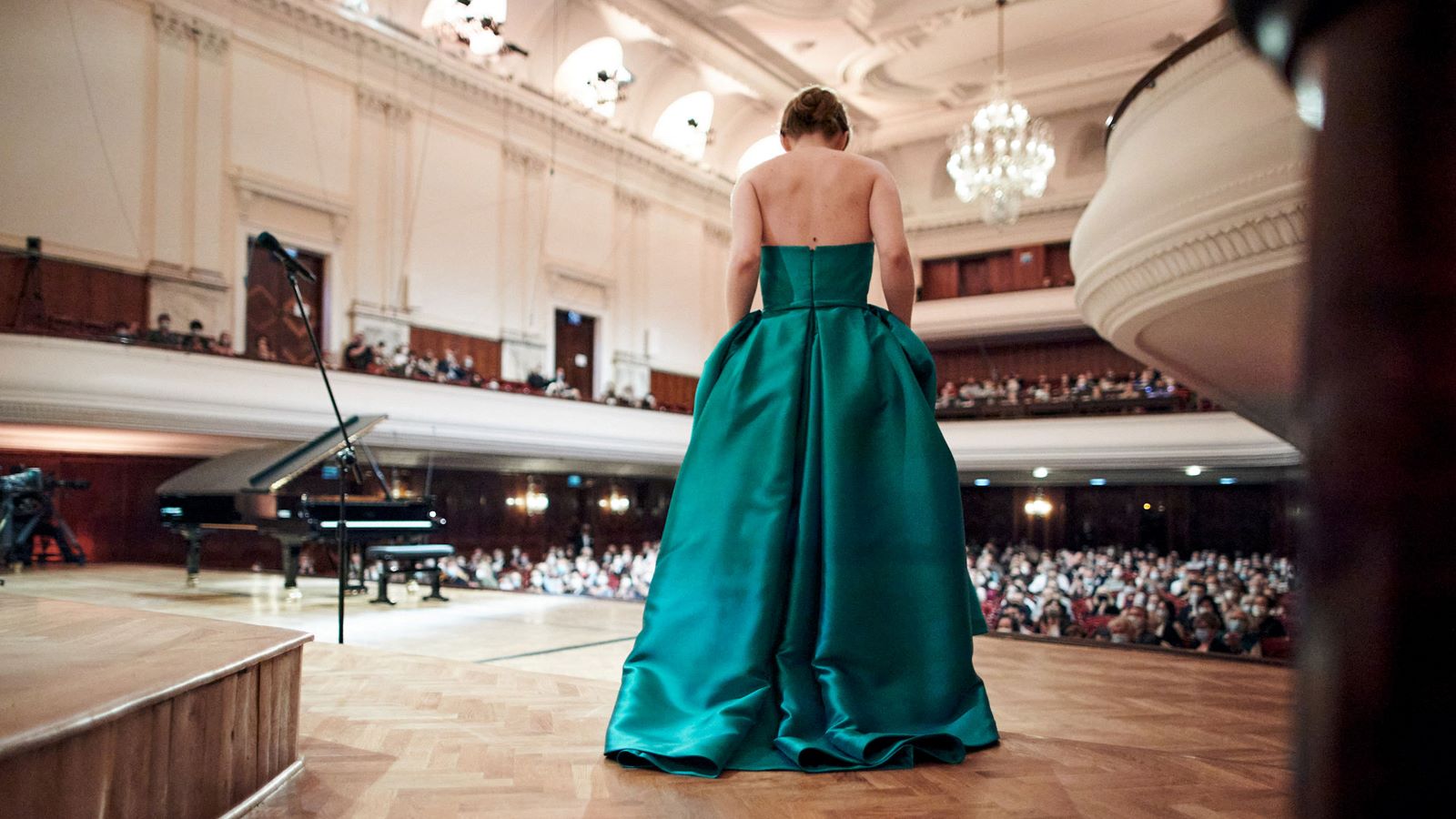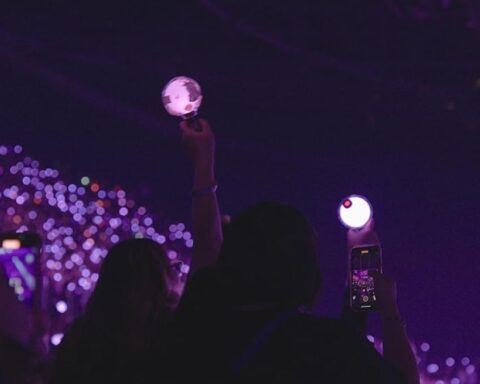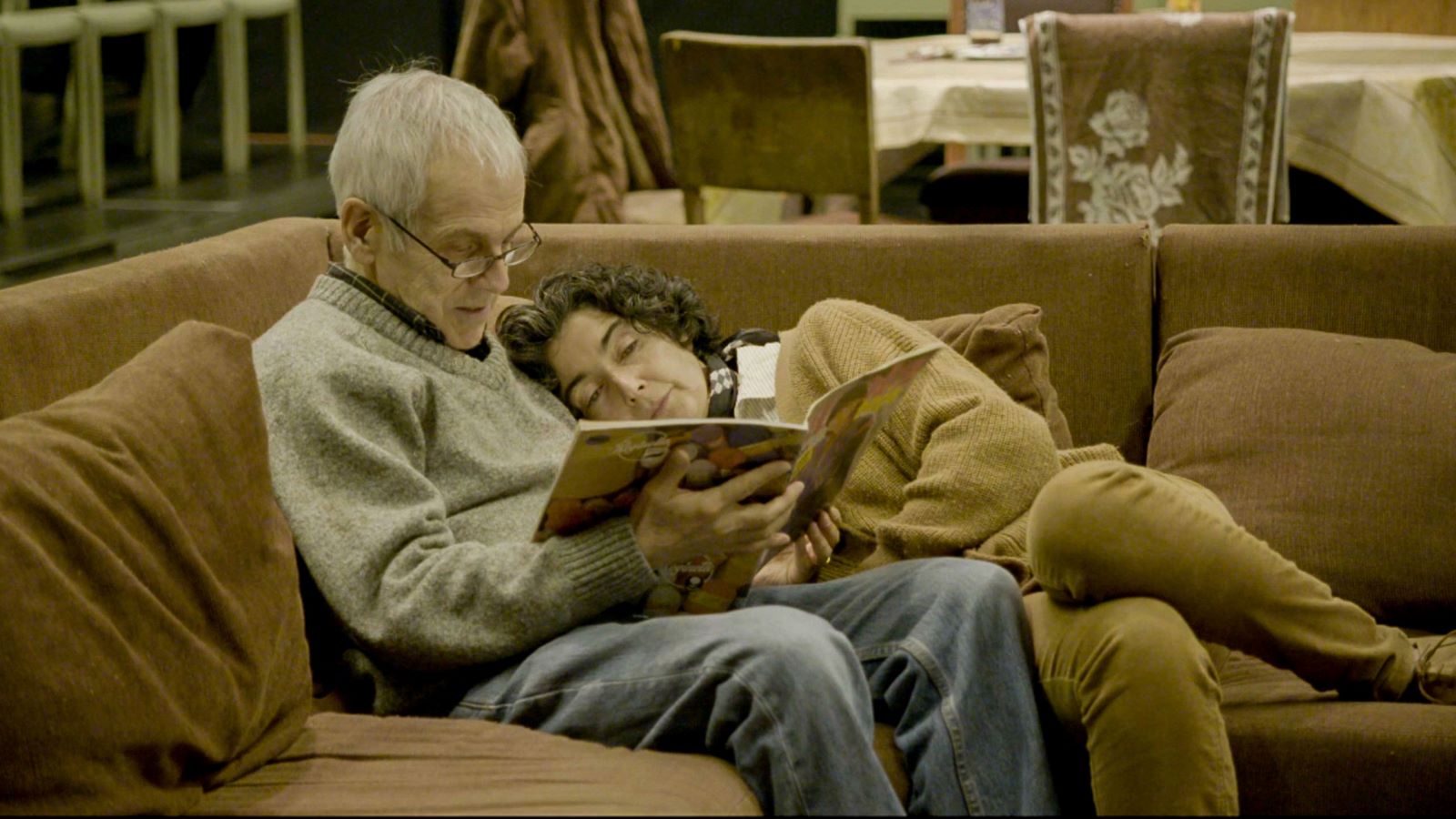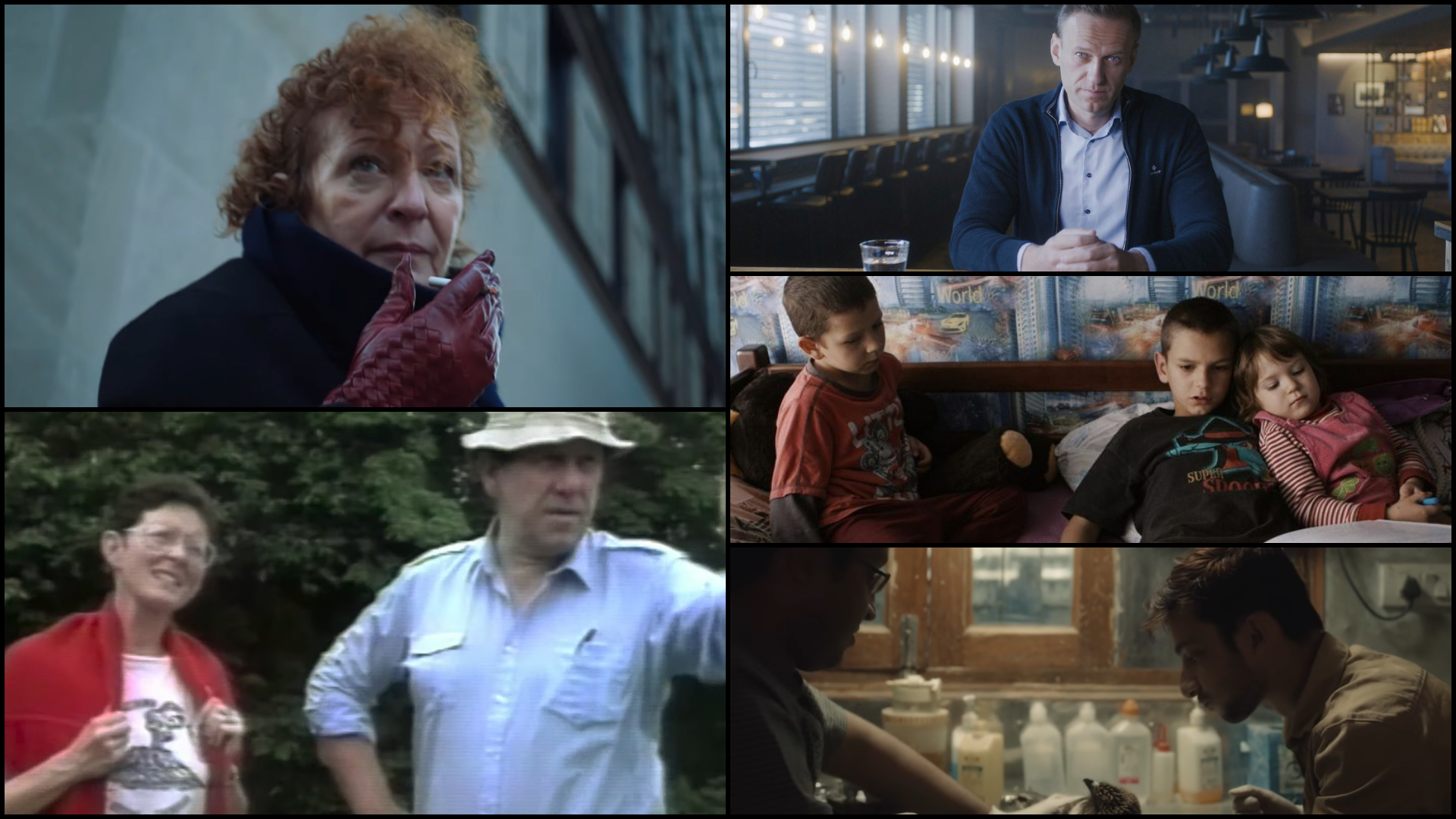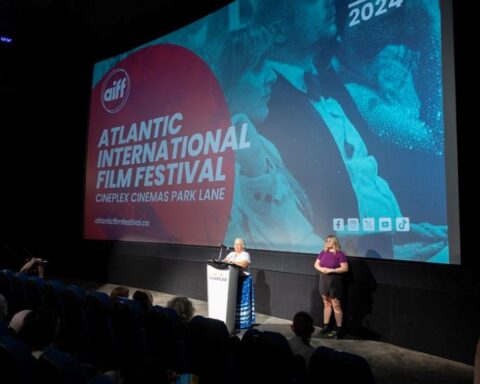Pianoforte
(Poland, 91 min.)
Dir. Jakub Piątek
Programme: World Cinema Documentary Competition (World Premiere)
From the first notes of Jakub Piątek’s Pianoforte, you know you’ve heard a similar tune before. For those readers schooled in the works of 19th century Polish composer Fryderyk Chopin, these performances will be familiar. The music traces the contours of the great composer’s gymnastic imaginings, which over a century later, continue to captivate listeners as far more than pedagogical etudes.
Yet for fans of documentary, the sub-genre of the competition film is like a staid or didactic cousin to reality TV. Where American Idol, X Factor, The Voice, and the like amp up audiences with lasers, spinning chairs, acerbic or easily tearful judges drawn from popular culture, this species of doc is a quieter yet no less contrived exemplar of a similar challenge. It nominally makes competitive something that by most metrics should simply be free of such trivialities.
Spellbound helped define this genre in recent years, yet in that case, the Scripps Spelling bee has a couple notable factors. For one, it’s primarily about watching improbably informative youngsters writhe in agony over syntax that is buried in the lexical recesses of colonized language. Secondly, there’s a right answer in spelling bees, so the judgement is free from interpretation. However, for the International Chopin Piano Competition, which has been held in Warsaw every five years since 1927 and fuels the competitive showcase of Pianoforte, is judged by subjective listeners. Audiences outside the classical expression may not be familiar with the participants featured in the competition or the former winners, but it’s undeniable how seriously pianists within the bubble take the task.
Dive in to organ music, or dance, or singing, or in this case, Chopin, and it all becomes a bit less definitive and more than a bit more arbitrary. Worse, while judging halfway-decent pop singing from bad vocals may be a challenge, it’s nothing compared to determining whether a bar or two in the middle of a flurry of notes was under articulated, or to explain why one boisterous performer’s take was somehow lesser than an other’s recital.
Despite all of this, somehow, Pinoforte manages to rise to the top echelons of such films. It’s beautifully shot, for one, and there’s something refreshing about the competitors being followed being more adult, and thus prone to more complex levels of anxiety. While I often prefer films that dance around this subgenre with competitions that are less straightforward (all hail the sublime Boys State, for one), it seems that despite not being able to parse one player from the other with your eyes closed simply devolves into the very thing the competition gets in the way of – recognizing that these players are all extraordinarily gifted. To choose one from the other therefore feels quite silly in the end.
There’s a sequence where the finalists get to play the same piece with an orchestra, and it’s here that the film reveals the microscopic level of subtle differences between the top candidates. Crosscutting only the apparently superhuman ability of the conductor to maintain a fixed tempo from player to player—a magic trick that this writer can only guess by any rational metric involved a click track. That, of course would be a cheat and would likely exemplify how good conductors have a rhythmic precision that would make J.K. Simmons in Whiplash blush.
In the end, we like certain characters and wish them well. Some performances do come off as more emotive, broadly speaking, while others feel more fluid and articulate. Is that merely because that’s what we’re hearing from their coaches? Perhaps, but also it might be that such films immerse audiences in a weird subset of human experience where one briefly enjoys an ever-so-slightly raised level of expertise in something quite as esoteric as Chopin.
In other words, the subject doesn’t matter. The human stories are at the heart here. This time they’re plinking away at half-million dollar pianos (I, for one, was gobsmacked when they were test driving them as if they were picking a preferred supercar), but why not be about bee keeping, or who rolled cheese down a hill best, or who can blow the best glass bottle. Of course, these are also all real competitions, the latter serving as the basis of a popular streaming show. The second option, of course, is the basis of the too-weird-to-be-true tale that Spinal Tap’s trailer tapped into.
We’re left with Pianoforte and the highs and lows of competition, as well as the emotional moments as strong and as soft as the dynamic that gives the instrument its name. These are inanimate objects, the strings under immense tension with the key mechanism ready to smack or caress, all as the fingers of the player channel their own athleticism and musical ear to astonishing effect. Sit back and revel at the fun, turn off the cynical part of your brain about the silliness of it all, and simply gaze in wonder as these monstrously talented young maestros quite literally hammer out these sublime compositions for our surreptitious pleasure.




